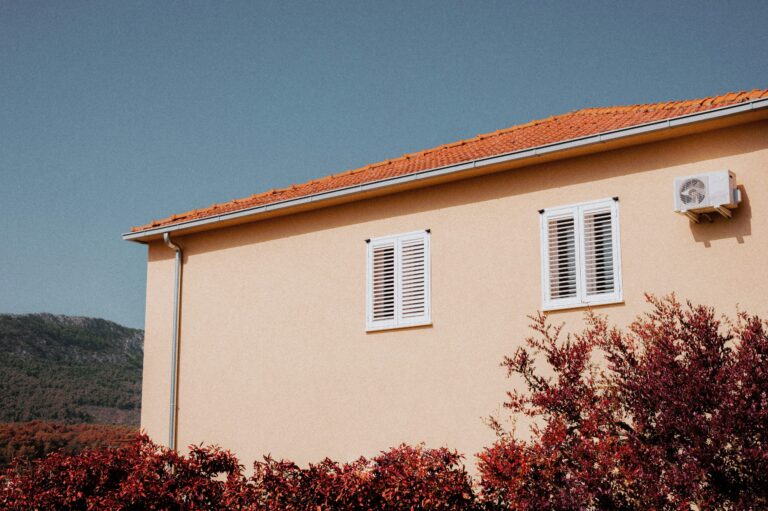27 July 2024 – The summer tourist season is in full swing, but many private villas lie empty. Is luxury tourism in Croatia in a tailspin? Some say yes, and it’s easy to see why.
As Ana Roksandic/Poslovnj Dnevnik writes, this year Croatia failed to attract many so-called “elite” guests ready to pay top dollar to relax in the luxury villas dotted along its coasts, but what did it do wrong?
Bookings for holiday homes are declining and owners are facing a lack of room even during peak periods. There are several reasons behind this. Owners of agencies that rent out luxury accommodation cite high prices, supply exceeding demand and the sluggish German economy as the most common reasons.
Tourism after the pandemic
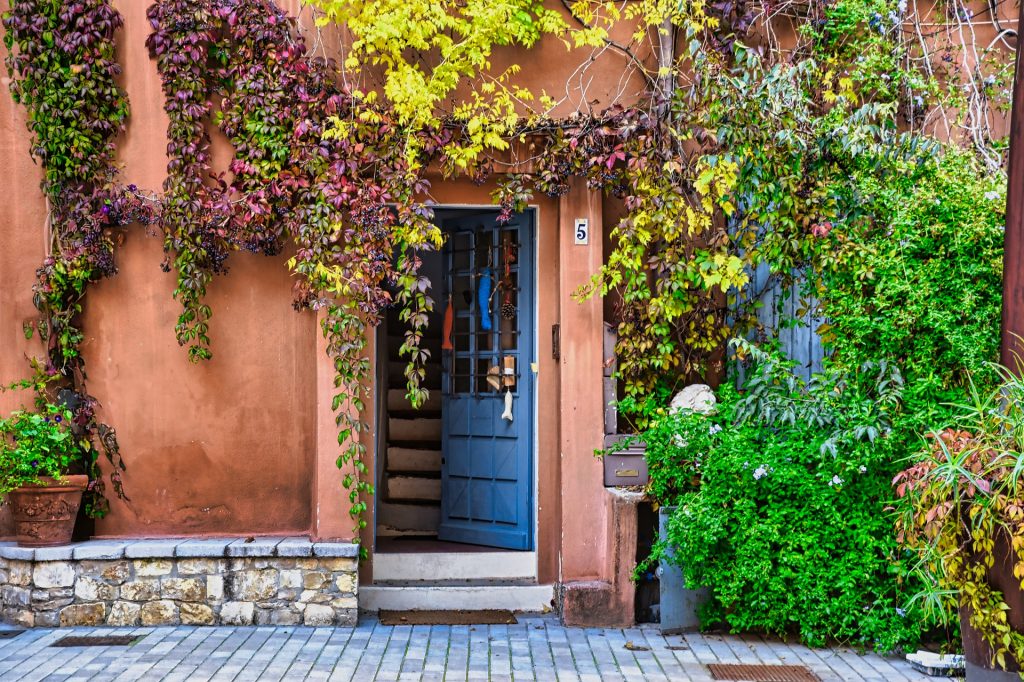
Dujo Miocic, director of Adriatic Luxury Villas, a luxury vacation rental travel agency, said demand had clearly increased during and immediately after the pandemic due to closures of other destinations and disruptions to air traffic.
“Croatia benefited greatly at the time as it was an easy drive for many from their home countries. Other destinations were then developed. In football terms, we shot ourselves in the foot by making huge price increases in 2023. The drop in interest we are experiencing today started last year, when there were price increases of at least 30 percent. In preseason, in some cases the price increases reached 100 percent compared to 2022,” Miocic said.
He believes that such price hikes are not justified and are simply blindly following the trend of rising prices in other sectors. Demand was good in January, February and April last year, but prices were higher than tourists expected, so they gave up on Croatia and headed for other destinations. “Our guests are mostly upper-middle class Central Europeans, computer savvy and have realized that in Croatia they can make ‘last minute’ bookings much cheaper and that supply exceeds demand,” Miocic explained.
Fall in German tourists impacts luxury tourism in Croatia
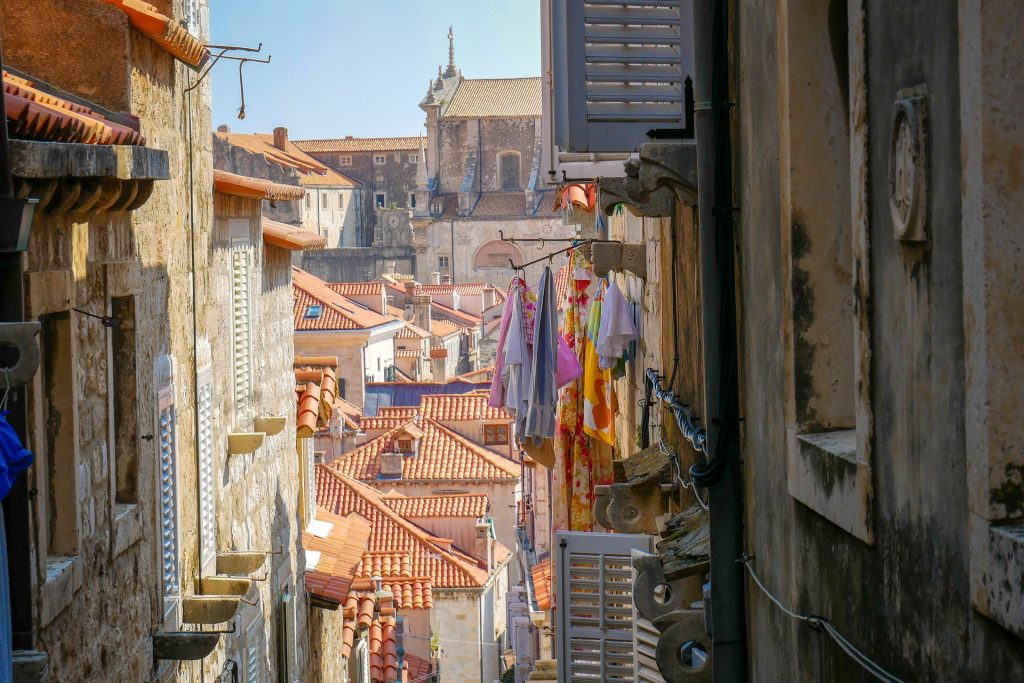
Ankitsa Čaleta, director of the holiday home rental company My Luxoria, predicts that the number of luxury tourism beds in Croatia will increase this year, which in itself indicates the high interest of investors in such facilities. “But unfortunately, not all luxury tourism complexes in Croatia will be filled, as various negative influences are affecting demand,” Čaleta added.
Chaleta noted that last year the travel agency experienced a “sharp drop” in the number of German overnight guests, a trend that has continued this year: According to data from My Luxoria travel agency, German guests made up 65% of the company’s total bookings, but from 2023 this figure has dropped significantly to 43%.
Stubbornness is also a factor
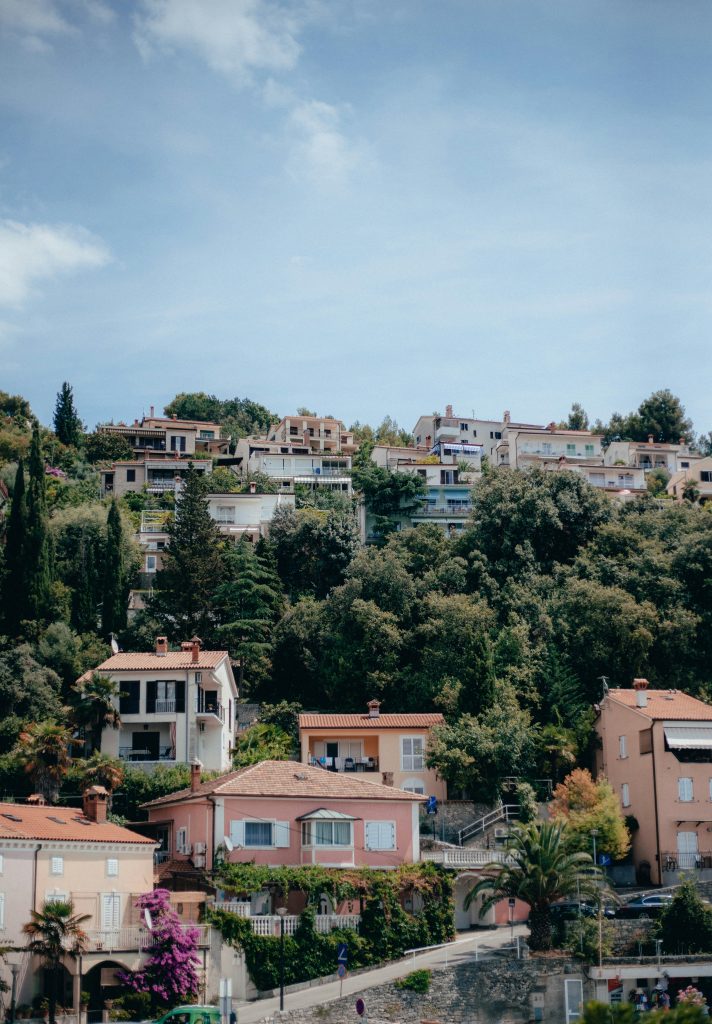
“It is very important for us to understand that guests come to us for a destination, not for luxury accommodation. They buy the whole ambience and we have five-star accommodation in a three-star environment. Guests are often disappointed with the services offered by outsiders, which are of poor quality, unrealistically expensive or not available at all in areas where we have luxury villas. This is an area that needs improvement,” Chaleta said.
Miocic agrees, pointing out that while the facilities offered to guests in Croatia’s luxury tourist destinations follow all the latest trends, this is often not the case in other destinations: “For example, in Zadar, where our center is located, we started this tourist season with road construction and the installation of excavators on the waterfront,” Miocic explains.
Booking luxury tourist accommodation in Croatia
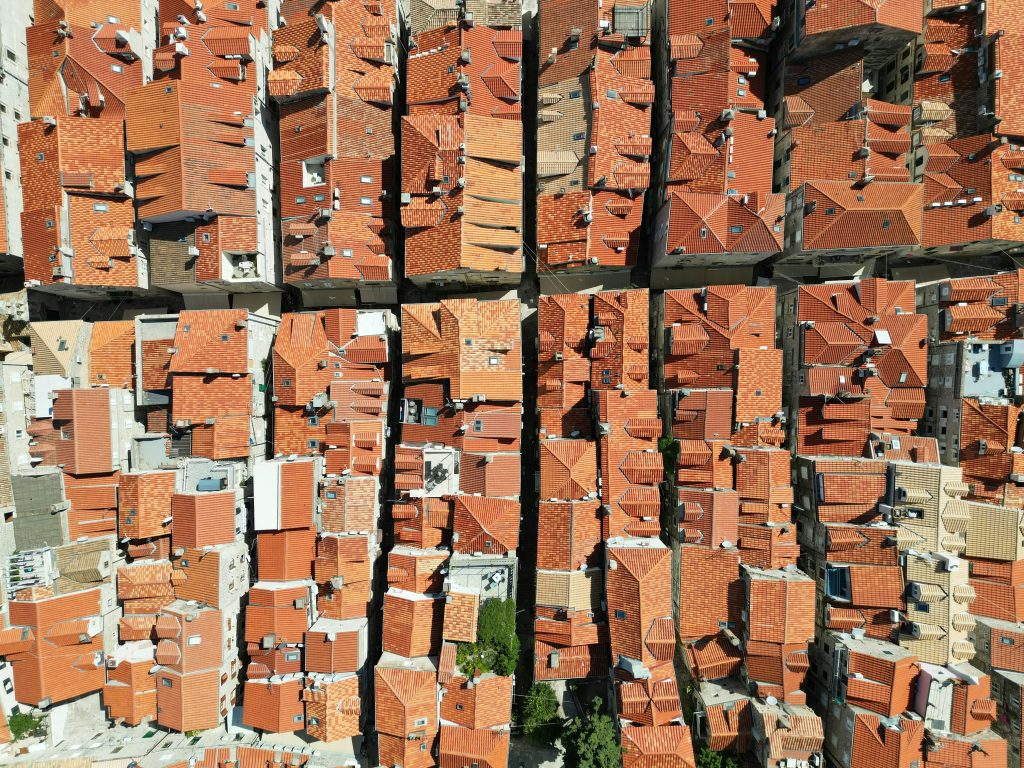
Uniline sales director Ivan Rukavina said he has seen a noticeable slowdown in bookings for the accommodation his company offers in Croatia’s upscale tourist destinations. Some owners of these houses and villas experienced so-called “empty rooms” in May and June, and still have vacancies in July and August.
“Overall, the performance of the private accommodation sector is slightly below the results for 2023. At least part of the reason for this is the fact that the number of private accommodation establishments is increasing year by year, which is something that needs to be regulated in the future to ensure more sustainable development and continued high quality,” Rukavina believes.
In addition to the need for better offers in the destination, in the world of luxury tourism in Croatia, where a nightly rate is usually between 500 and 900 euros, sometimes the costs can go way above that amount, which is why some property owners may remain stubborn despite the large amounts of money tourists are willing to pay.
Inflexible property owners
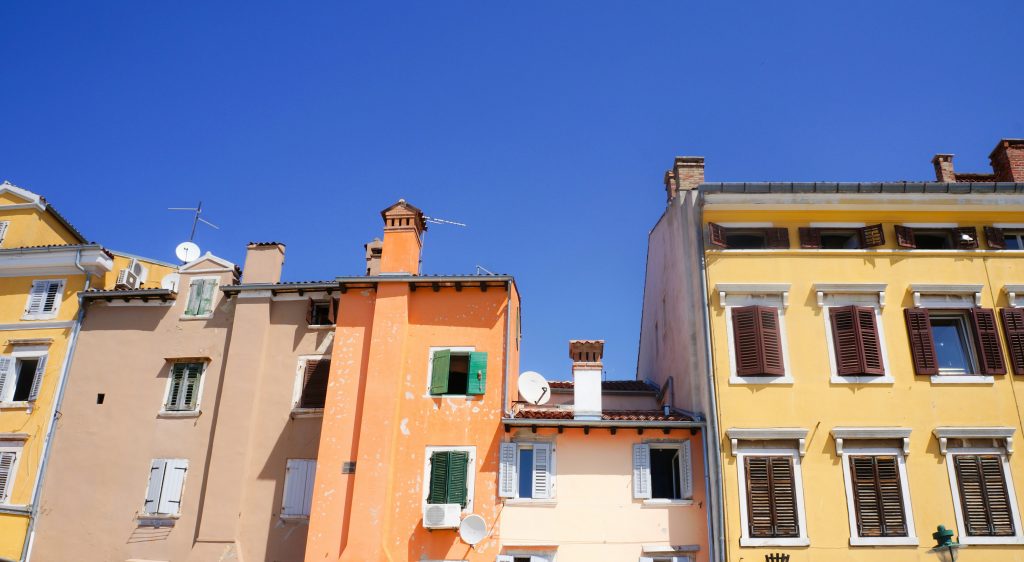
“Unfortunately, sometimes the property owners themselves are inflexible. We recently had an enquiry from a guest who was looking for a property in the higher price range and was prepared to pay the cost, but wanted to bring their little Chihuahua with them.
“Unfortunately, we found that accommodation owners were not ready to be flexible, even as demand weakened, properties were empty and they had to fight to get every single guest. In fact, seven properties refused reservations for two weeks in early August because the guests had dogs. In the end, we were able to find accommodation for our guests, but they could have easily looked to another destination,” warned Miocic.
Noticeable vibration
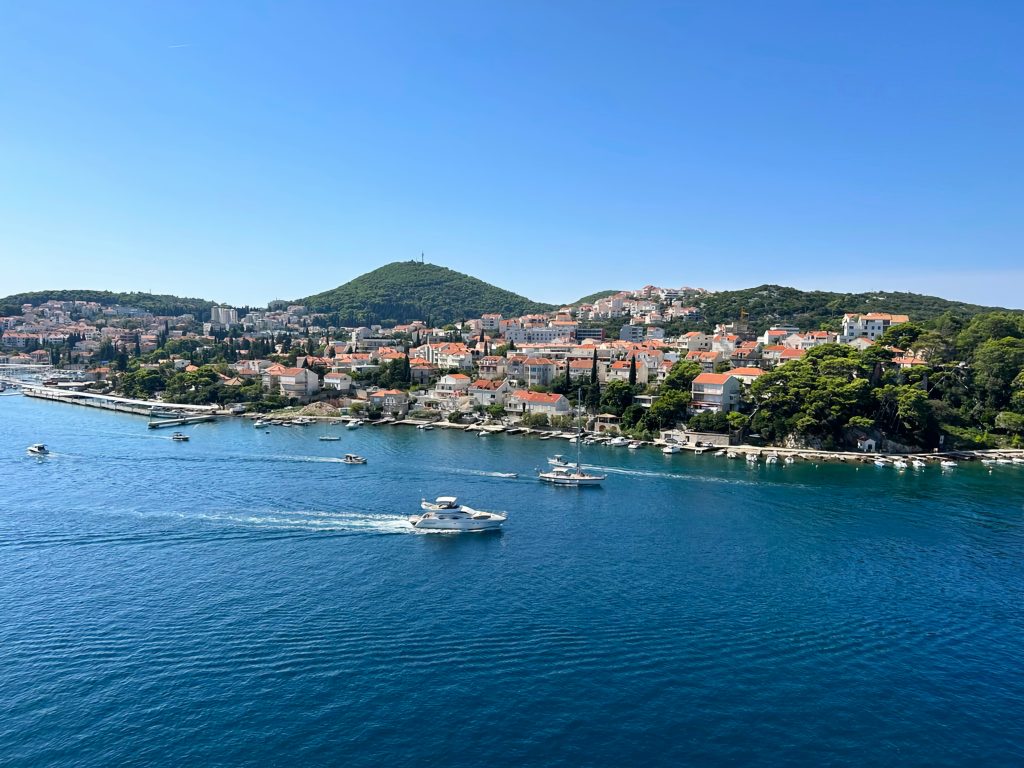
Amines said cumulative occupancy rates so far for the luxury tourism portfolio in Croatia are in line with initial plans, but that the company is aware of market fluctuations depending on length of stay.
Croatia is not the only tourist country to have seen a decline in elite visitors this year. Italy, Greece and Turkey also recorded a decline in demand. The only exception is Spain, which has so far achieved a growth of 7.6% compared to the 2023 figures. Demand to Turkey from Germany has also fallen. Greece and Croatia have recorded very similar figures, but neighbouring Italy is also struggling with a declining domestic demand, which accounts for 60% of total demand.
According to Rukavina, what attracts the elite to Croatia’s luxury tourism sector, and to the country as a whole, is its protected natural environment, rich historical and cultural heritage, gastronomy, a wide range of non-lodging options, and high-quality accommodation. “But there is definitely still a lot of room for additional investment in the quality content of elite tourism,” he believes.
“The fact is, and the lesson to be learned from this, is that guests who book luxury properties spend an average of €5,000-€10,000 on extras at the destination (massages, wine, transfers, cruises, speedboat or yacht rentals for the day, private chefs, dinners, etc.). Isn’t that enough of an incentive to attract and retain guests?” asks Chaleta.
Fields marked with * are required to subscribe to our newsletter
Source link

